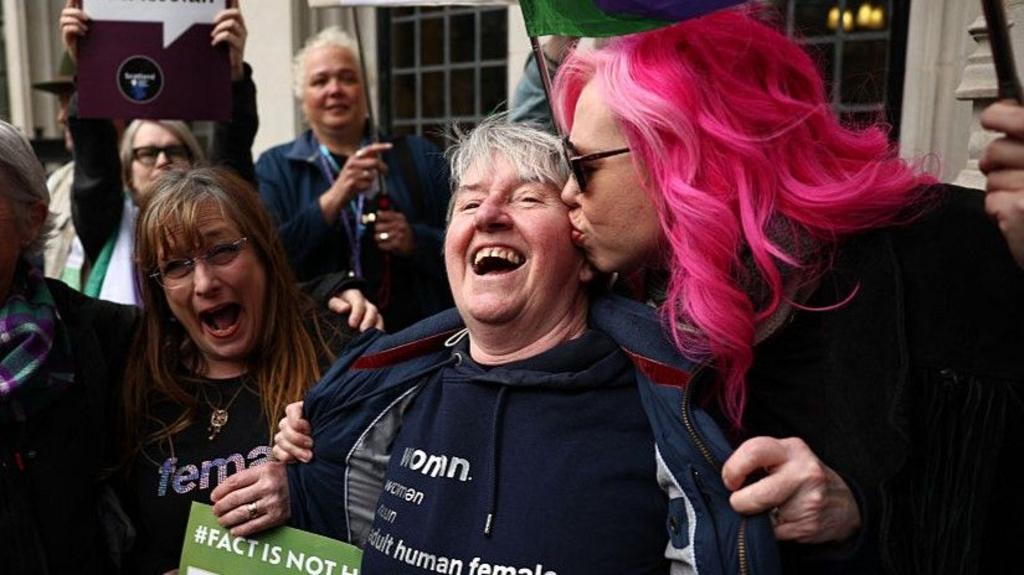
On April 16, 2025, the UK Supreme Court unanimously ruled that the terms “woman” and “sex” in the Equality Act 2010 refer to biological sex, not gender identity. This landmark decision arose from a legal challenge by the feminist group For Women Scotland against the Scottish government’s inclusion of transgender women in a 2018 law aimed at increasing female representation on public boards.
The court’s judgment clarifies that positions reserved for women under the Equality Act must be filled by individuals assigned female at birth, effectively excluding transgender women, even those with Gender Recognition Certificates (GRCs), from these roles. The justices emphasized that their interpretation pertains specifically to the legal definitions within the Equality Act and does not diminish the protections afforded to transgender individuals under the Act’s provisions for gender reassignment.
The ruling has elicited mixed reactions. Supporters, including author J.K. Rowling, who financially backed the legal challenge, hailed the decision as a victory for sex-based rights. Conversely, LGBTQ+ advocacy groups like Stonewall expressed concern, warning that the decision could undermine the rights of transgender individuals and lead to increased discrimination.
The Scottish government acknowledged the ruling and stated its commitment to reviewing the implications to ensure that Scotland remains an inclusive society. Meanwhile, the UK government welcomed the clarity provided by the decision, suggesting it will influence future policies related to single-sex spaces and services.
As debates over gender identity and legal definitions continue, this ruling marks a significant moment in the ongoing discourse surrounding transgender rights and sex-based protections in the UK.